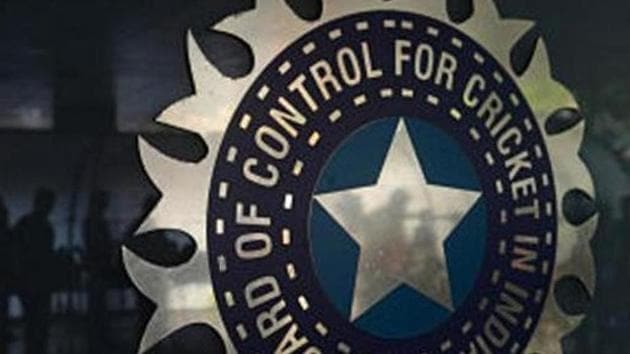Fine print of BCCI’s new constitution makes it game changing
The Board of Control for Cricket in India’s (BCCI’s) earlier constitution was crafted to maintain control, and preserve the power and patronage of members.
Whatever else happens, one thing is certain: next time Team India needs a coach we will be spared the drama that surrounded the Kumble-Shastri appointment.

Read more | Sri Lanka vs India 1st Test, Day 2 live updates | Scorecard | Live streaming
In the Supreme Court approved BCCI constitution the power to ‘vet and select’ the coach and support staff of the team sits with the selection committee. All others, including legends, are excluded from the process.
This is one of many sweeping changes that is truly game changing. Till now, with disproportionate focus on ‘one state one vote’, age, tenure and cooling off period of officials, other provisions slipped under the radar.
BCCI’s earlier constitution was crafted to maintain control, and preserve the power and patronage of members. Now, like a 35mm film enlarged to 70, it is an inclusive, wide ranging document that favours openness and transparency. Cricket stands democratised with newcomers invited to the head table.
Greater scope
Previously, it seemed cricket management was limited to rolling the pitch and getting 22 players on the field. The constitution, therefore, dutifully catalogued processes, rules and regulations for this. Now, given its greater scope, it talks of responsibilities and commitment towards stakeholders and meeting their expectations.
Cricket officials lose big in BCCI’s constitution reboot. With powers reduced, roles shrunk and discretion removed, the new constitution converts officials from kings to commoners — and as happened with the entitled, this is their privy purse moment when privileges end.
Fans and players are now priority. The ‘fan first’ policy till yesterday was just a convenient slogan; now his comfort is a mandated obligation written in black and white. Included in the long list of pro-fan measures are: good facilities at stadium, numbered seats, tickets to be available easily and sold in advance, wheelchairs for differently abled, parking, food at reasonable price.
Cricket and society
Players get a major portfolio in the new cabinet. One example of this is the powerful Talent Committee consisting of three players (each with experience of 25 first class games) tasked to decide, among other things, on the National Cricket Committee and Zonal Academies, engaging with youth and making cricket more accessible. Phew!
To enlarge the BCCI’s role, the new constitution directs cricket to engage with society rather than live in an isolated bubble.
For this, there are provisions that enable donations and contributions to charity and allow sponsorship to non cricket sportspersons. It is an interesting twist because in the past when the BCCI donated money to the sports ministry, the tax authorities deemed this a serious breach and withdrew its tax exempt status!
The yorker
The Lodha Committee drafted the new constitution to make BCCI’s governance professional and progressive, also to align it to present day standards.
The new constitution does this and the fine print is similar to a clever inswinging yorker, which looks a harmless half-volley but slips under the bat to crash into the stumps .
This is best illustrated by clauses about transparency which state that all ticket details (including sponsors and free allotments) have to be disclosed on the website and can not exceed 10% of the stadium capacity. More: the public can approach the Ombudsman, a retired Supreme Court judge, for redressing grievances they might have.
Anyone with experience of running cricket matches will tell you — this is a real tough one!
(Amrit Mathur is a former sports administrator who worked with the BCCI as media manager. Views expressed are personal)





